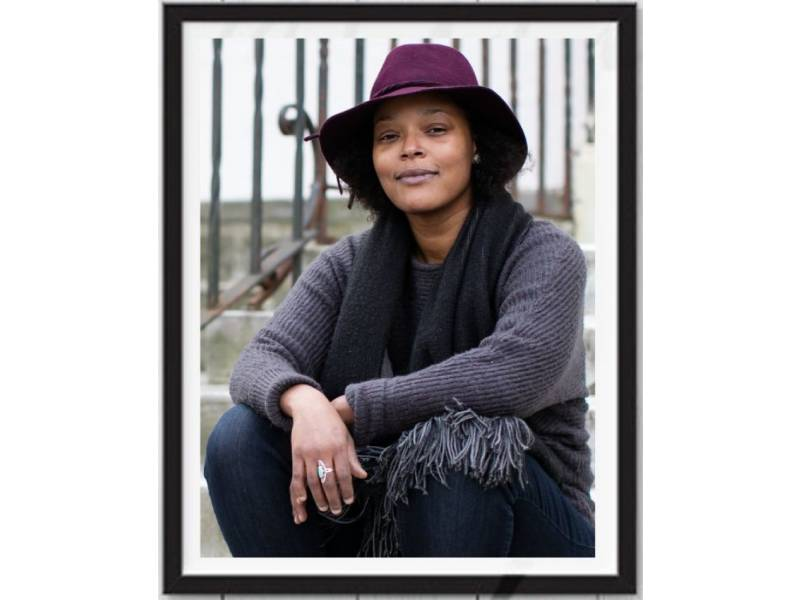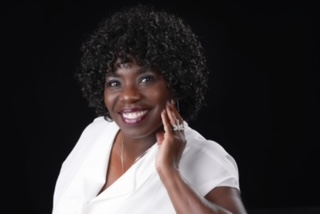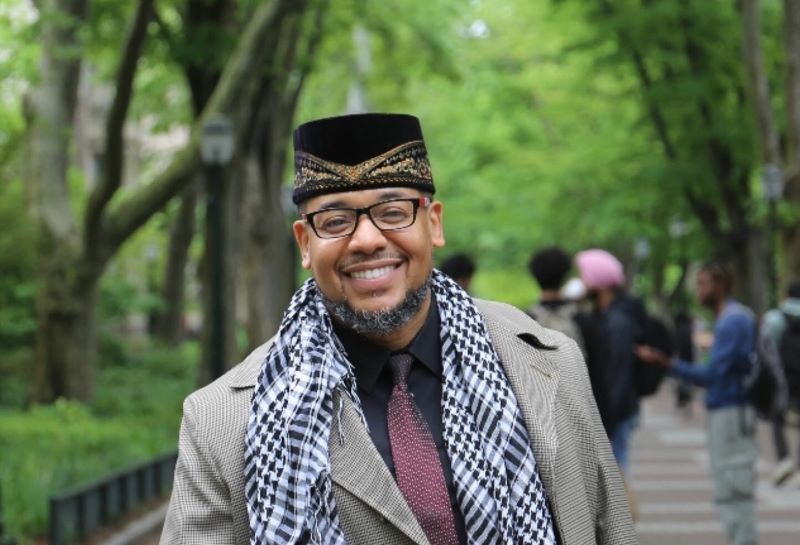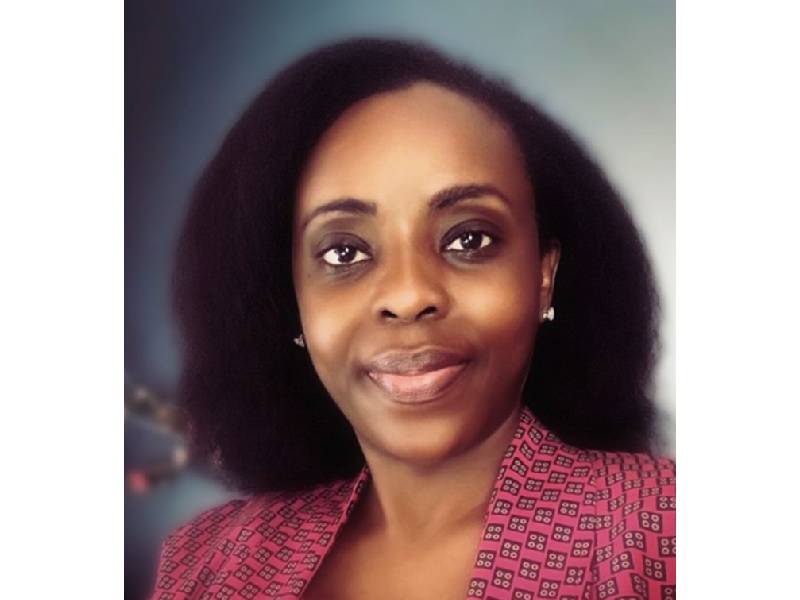
Yolanda Wisher is a multidisciplinary poet, educator and currently the third Poet Laureate of the City of Philadelphia. Wisher is a Hedgebrook Writer-in-Residence (2016), Pew Fellow (2015), Catalyst Initiative Grantee (2015), Leeway Art & Change Grantee (2008), Cave Canem Fellow (1999-2000), and the first Montgomery County Pennsylvania Poet Laureate (1999).
Best and worst decision?
“The worst decision usually turns out to be a best. I got recruited to play basketball at Lafayette College. My parents were ballers in Millersville College. I quickly found it wasn’t for felt like I had cut off a part of my artistic self. But it led me to college. The English Department saved me from having to transfer and losing my money; they offered me a work study position.” “The best was quitting my job in 2015—a 30-year-long journey doing what others wanted. I taught for ten years, and did arts administration for five. At 39, I asked, ‘What do I really want?’ It was becoming a full-time poet. I bet on myself for once.”
Dream job as a child?
“My first dream was to have a published book of poems. I didn’t believe I could make a living as a poet. Once I accomplished it being a side hustle, I started following that path earnestly. I also wanted to be a botanist; it still interests me for healing. Poetry is about the joy and freedom I feel; I also want it to help others. I want to undo some of the harm people experience.”
Barriers to female leadership?
“Women often imitate men or patriarchal ways of relating to women—that’s crazy. We need to create more woman-centric systems. We have a lot of self-doubt; we don’t bond together enough. We need to be inclusive and mindful of who’s not sitting at the table.”
Who inspires you?
“Michelle Obama—I miss her visibility as a Black woman. I’m proud of what she brought to the White House; her grace and poise under an incredible amount of pressure, prejudice, hatemongering, and disrespect. Hopefully, we haven’t seen the last of her great impact on the country and world.”
Challenges for next Generation?
“How to carry forth the legacy of feminism around gender equality. The definition I grew up with doesn’t fit everybody today. It’s important for women of color to keep holding this line. White feminism needs to expand to connect women including transwomen—with more consciousness of the blind spots. More men as feminists will also change that movement. I hope my son will have different notions of feminism, and there’s a movement that includes him. What keeps you energized? “My great grandmother said, “You have a gift, use it.” I wake up every day challenging myself to make my passion do good in the world.”




